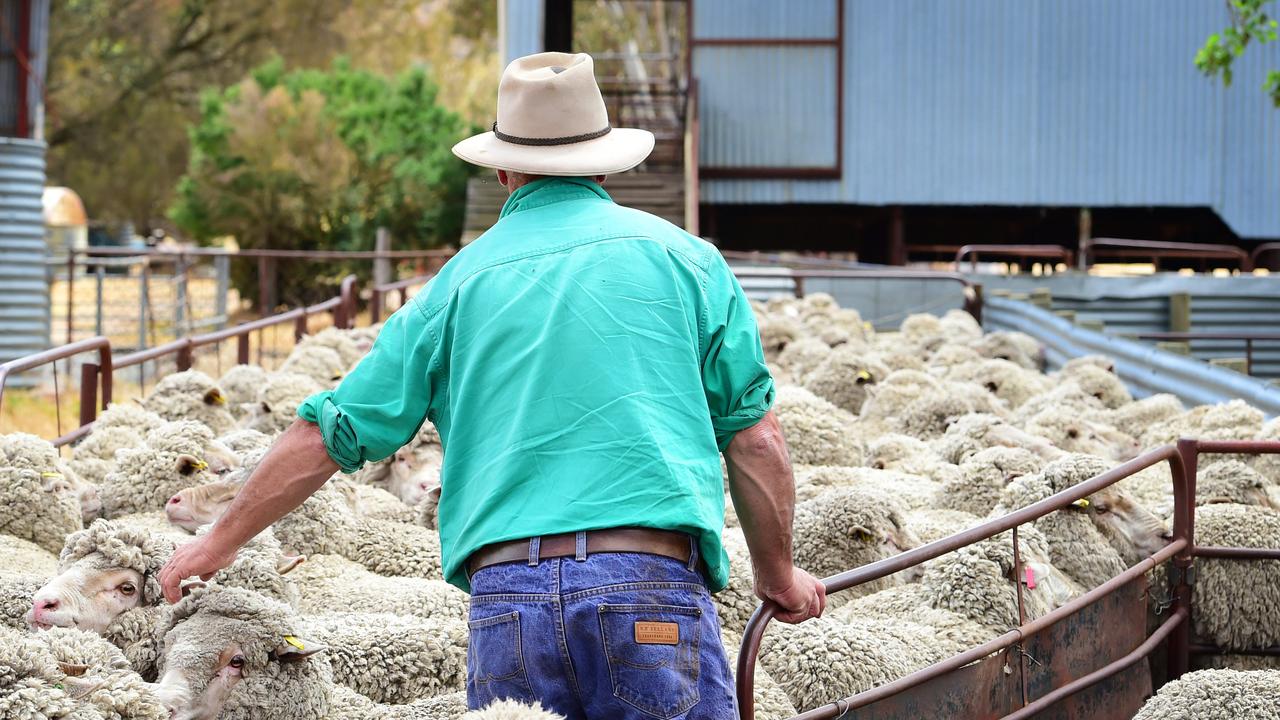Poll: Should ag be excluded from a net-zero emissions by 2050 target?
As debate rages on if, how and when Australia should reach net-zero emissions, The Weekly Times is polling those with the real skin in the game. VOTE NOW

FARMERS have inadvertently found themselves in the middle of the net-zero debate, as the “climate wars” this week threatened to spark again within the Federal Government.
While the pollies argue over agriculture’s place in reducing Australia’s greenhouse gas emissions, we want to hear from those with real skin in the game: should agriculture be excluded from a net-zero emissions goal?
Vote in our poll and leave a comment below.
WHAT’S THE ISSUE?
The push for Australia to adopt a goal of net-zero carbon emissions by 2050 is not new, with all states and a large number of major lobby groups – including the National Farmers’ Federation – already committed to it.
Pressure is growing on the Federal Government to act, beyond its current pledge to reach net-zero sometime after 2050.
Prime Minister Scott Morrison this month gave the strongest indication yet the target could be on its way, stating his preference was now for Australia to hit net-zero within the next three decades.
That aim, he said, would have to come with a clear plan on how to achieve it, and not via any carbon taxes.
Given the divisive nature of the climate debate on both sides of politics, it’s unsurprising any suggestion of net-zero would be met with resistance from within the Coalition: cue the Nationals.
WHAT DO THE NATIONALS SAY?
Things really kicked off this week when Deputy Prime Minister and Nationals leader Michael McCormack told Sky News that agriculture could be exempted from any net-zero pledge, saying he was “certainly not worried about what might happen in 30 years time”.
“There is no way we are going to whack regional Australia, hurt regional Australia in any way, shape or form just to get a target for climate in 2050,” he said.
“We are not going to hurt those wonderful people that put food on our table.”
Several Nationals backbenchers – namely ex-leader Barnaby Joyce, ex-resources minister Matthew Canavan and ex-ag minister Bridget McKenzie – have been vocal in their opposition to a net-zero goal, particularly when it comes to the agriculture, mining and manufacturing sectors.
Mr Joyce and Mr Canavan, writing in The Australian this week, said the Nationals “would cease to be a party that could credibly represent farmers” if they backed net-zero, and have indicated they’d be willing to cross the floor on the issue if necessary.
Their argument is that agriculture has already paid its dues on emissions reductions, via landclearing restrictions introduced to meet Australia’s Kyoto targets.
Federal Agriculture Minister and Nationals deputy David Littleproud has been more diplomatic in his response so far; rather than backing calls for agriculture to be carved out of a net-zero goal, he wants a clear plan in place of how the target will be met and that farmers should be rewarded for their carbon reduction efforts.
“That’s what the National Party is saying: we’ve done the heavy lifting, but we want to see how we’re going to get there and who’s going to pay,” he said.
WHAT DOES THE FARM SECTOR SAY?
The Nationals’ comments on agriculture have put the party at odds with the very people they say they’re representing.
The NFF last year joined the chorus of industry bodies supporting net-zero by 2050. Every ag sector has also adopted, or is in the process of setting, their own industry targets: the red meat industry is working on net-zero by 2030, the pork industry by 2025, while work is underway for grains and dairy.
In a statement released this week, the NFF pointed out that ag is in the unique position of both contributing to greenhouse gases but also able to play a major part in offsetting emissions.
Agriculture makes up about 13 per cent of Australia’s greenhouse gas inventory, the bulk of which comes from livestock. In 2019, ag emissions dropped six per cent, to reach their lowest figure since 2001.
The sector has worked hard to reduce emissions, cutting them by 63 per cent between 1996 and 2016; while the red meat sector has reduced emissions by more than half since 2005.
But farmers can also sequester carbon through carbon-friendly farming practices, which could offset millions of tonnes of emissions from other sectors. Selling their carbon credits can be a tidy earner, as some have already discovered.
As NFF chief executive Tony Mahar said, “agriculture is too important to leave out and too important to ignore”.
“Agriculture has been hurt in the past through the Kyoto experience, when farmers were left carrying the burden of the nation’s emissions reduction task,” he said.
“That simply can’t be allowed to happen again.
“(But) farmers are in the box seat to seize the opportunities from a reduced emissions future … any policy that restricts opportunities available to farmers and rural and regional communities would clearly be a negative outcome.”
MORE



